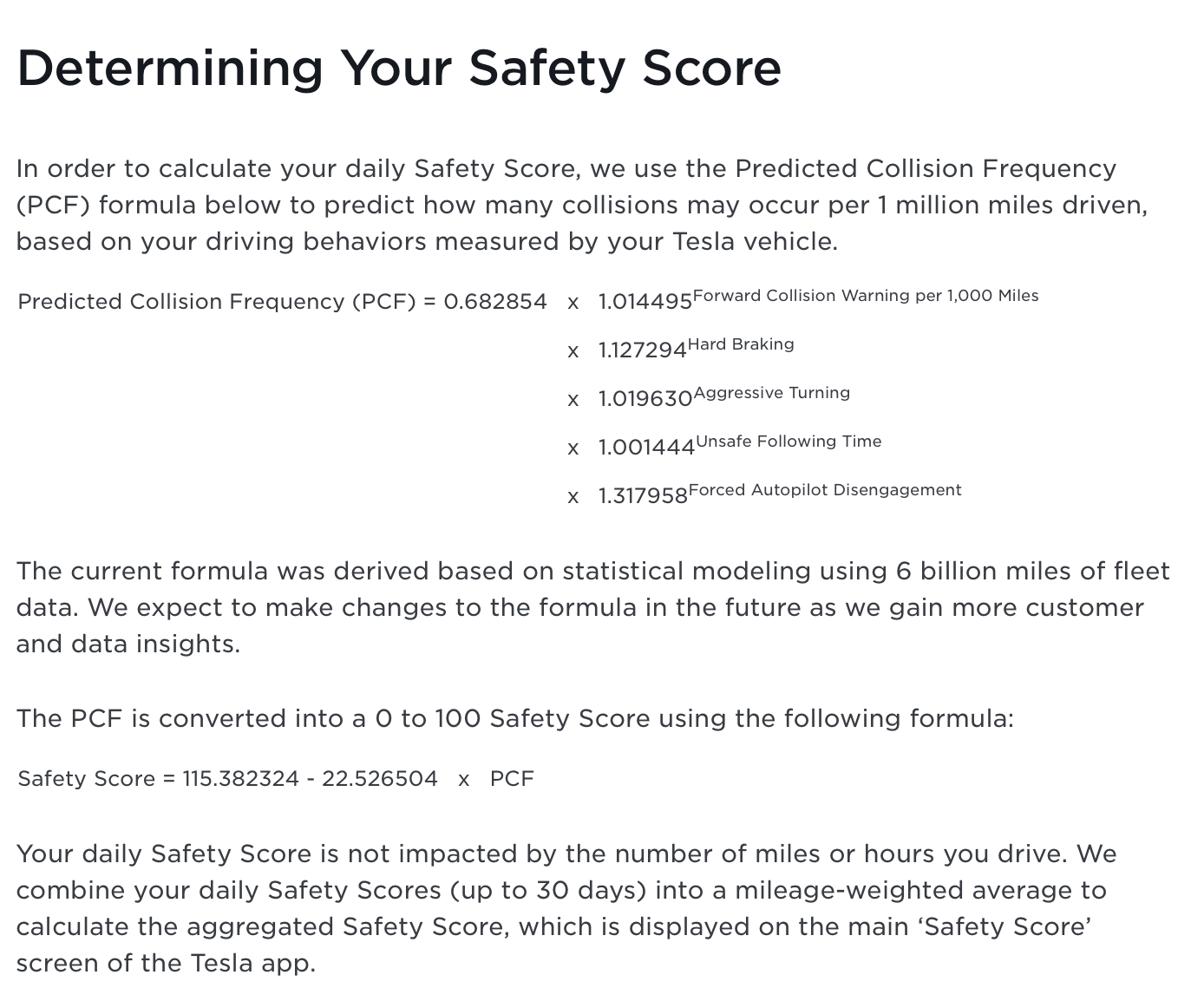
A great deal of discussion has been had regarding tax breaks for electric cars. Some states offer incentives for electric vehicles, while others waive the purchase tax. The federal government also offers rebates on purchasing and owning an electric car. But not all EVs qualify for the $7,000.500 incentive. The bill stipulates that sourcing requirements must be met.
Electric vehicles that have the energy label "A", will get a 30% discount. For the first two years, these vehicles are exempted from 100% transport taxes. After three-years, they are no longer subject to the 50% transport tax. There is also an exemption for passenger cars classified in the best efficiency category. These vehicles emit no more than 110 g/km.
Depending upon the state, the buyer may qualify for a rebate or tax credit from the manufacturer. Most EVs qualify for the federal income tax credit, which is worth between $2,500 and $7,500. This credit may be reduced depending on how many vehicles the manufacturer has sold previously.

Some states will also offer additional incentives, in addition to the tax credits. For example, California has a $10,000 rebate program. In Texas, the buyer can get up to $500 in cash. In Romania, buyers can receive up to 25% in government grants.
Electrified vehicles are more expensive than other types of vehicles at the beginning MSRP. These costs are however lower in the long-term. Electric cars have lower operating and maintenance costs. They are also better for the environment. We could see enormous benefits if more people drive EVs.
It is essential to do your research before purchasing an EV. You should understand the pros and cons of each product. Learn about the taxes that are associated with each product. Also, you should know how to claim your tax credit. The VIN is the best way to do this.
The federal government offers $7,500 tax credit to purchase new or used electric vehicles. This credit is only available once per year. This credit is not available to vehicles currently registered. Only applicable to new EV purchase. The credit is also not transferable. To take advantage of this credit, you will need to wait until your annual income taxes are filed for the year you bought your EV.

A great way of saving money is to sell your electric vehicle to someone else. You can save money on your taxes by offering an electric vehicle to your employees via salary sacrifice. Tesla Motors has created a "True Costs of Ownership" calculator that will help you determine the value of your personal time. You can calculate how much it would cost to buy an EV by using the calculator.
FAQ
Is a career in automotive mechanic promising?
For those who are passionate about excellence, automotive is a rewarding industry. This field requires hard work and the willingness to learn from others.
Because you will be spending most of your time communicating with customers and employees, you will need excellent communication skills. You must also be willing and able to travel long distances, which can make it difficult to commute.
If you're interested in pursuing a career in automotive, consider taking classes at community colleges and universities. Many schools offer programs designed specifically for students interested auto repair, sales, and customer services.
Mechanical engineering is a good choice if you are interested in pursuing a degree. It is possible to earn a bachelor’s degree in only four years.
Many companies will hire students straight out of college. So, it is wise to begin searching for employment while you are still able to study part time.
After you've finished your education, it's likely that you'll need to go through some training before you can be hired as an auto technician.
This means you'll need pass exams like the Automotive Services Excellence (ASE), certification exam. This test covers topics like engine maintenance, brakes system, suspension, and many other subjects.
After passing the ASE test you can apply for a National Institute for Automotive Service Excellence (NIASE) license.
A license permits you to repair private vehicles. In exchange, you'll receive compensation based on the number of services performed.
Not all states require licensing. However, if you plan to work outside your home state, you'll need to obtain a license.
Some states won't issue licenses until you have completed a certain amount training. This could be you.
How long does an automotive course take?
A course in automotive lasts three years.
The first year is dedicated to theory and learning about cars. Practical training is the second year. You will learn to drive, fix engines and perform other tasks around the car. The final year is spent doing a placement at a local garage, which gives you experience in fixing real-world problems.
What is the best way to learn about car mechanics
Auto mechanics don't require any knowledge. All you need to know is how to fix things. That's why most people start doing jobs like fitting brake pads or changing tires before progressing to more complex repairs.
You will need to understand written instructions, read diagrams and follow the basic rules of good practices. You must also be able judge if parts need to replaced or repaired.
It's important to remember that you shouldn't attempt to repair vehicles without having received proper training and guidance. This is especially true when you are dealing with costly components like engines and transmissions.
Although you won't be required to know much about cars you should have a solid understanding of the fundamentals and principles of mechanical engineering. This is how you understand the mechanisms behind engines and brakes.
It is important to realize that you must be ready for all types of situations. If your vehicle has been in an accident, you might need to be able to handle it. You'll also need experience dealing with breakdowns and accidents.
It is important to be open to learning new skills quickly. You will need to be able not only to diagnose problems but also to perform simple maintenance tasks like tightening bolts and nuts.
What are the qualifications for an automotive technician
You must have completed high school or GED with good grades in maths and English. It is also necessary to be able both to read and to write. To be allowed to work, you must pass a written and practical test.
Do I need to have a degree to work as an automotive mechanic? Can I study part-time?
While a degree is not required, it does help. Employers will prefer candidates who have completed a degree. It shows that your efforts have been put in and you have succeeded.
You can still study while working, however. Some universities permit students to do coursework during summer holidays and complete their studies later in a year. Others allow students to study part-time all year.
Statistics
- Apprentice mechanics earn significantly less hourly than mechanics who have completed training, with a median wage of approximately $14.50 an hour, according to PayScale. (jobhero.com)
- There were 749,900 jobs available for automotive service technicians and mechanics in 2016, which is expected to grow by six percent through 2026. (jobhero.com)
- According to the BLS, total auto technician employment is expected to exceed 705,000 by 2030. (uti.edu)
External Links
How To
How to guard yourself against auto mechanic scams
Consumers are often victims of auto mechanic scamming. On average, a consumer spends $1500 per year on auto repairs. This means that there are many people out there who are willing to take advantage of this situation. However, if you know what to look for, you can avoid becoming a victim. These are some tips that will help you recognize a scammer before he or she takes your money.
-
Never pay upfront. If someone asks you to pay them upfront, it's probably a scam. After work is done, you should always ask for payment. Call the Better Business Bureau at 1-888-322-8138 to verify that the work is genuine. They'll give you advice on how to proceed.
-
Ask for references. Ask for references to help you make sure that you're dealing only with reputable service providers. Also, it's a good idea check online reviews. Be sure to check online reviews about any business that you deal with.
-
Conduct background checks. A background check is an essential part of hiring someone. Check the BBB website to see if there are any complaints against the business. Also, make sure that the license number of the vehicle belongs to the owner.
-
Don't be afraid if you have to leave. Sometimes, even if the business appears legit, they will try to con you into paying too high. If you feel cheated, don't hesitate leaving. There are plenty of other businesses available to you.
-
Be wary of "free" services. There are lots of companies that offer free estimates or free inspections. Many of these companies charge exorbitant fees in the future. Before you agree to anything, make sure you ask about any additional fees.
-
Avoid being pressured. You shouldn't be pressured by companies that offer great deals. This is because they think they can make you pay less than you deserve. If you feel pressured to purchase something, it is likely that the company is a fraud.
-
You should look for high-quality products. It is important to look for high-quality parts when choosing a repair shop. If you are looking for new brake pads, don't choose a shop that sells cheap pads. Instead, look for a shop that specializes on brakes.
-
Get multiple quotes. It is important that you compare prices between shops. If you do this, you will have a greater chance of getting a fair deal.
-
Keep records. It's important to keep track of all the details surrounding your repair. You should keep track of all details, including receipts, invoices, warranties, and other documentation. Also, keep track of any telephone numbers and addresses you receive.
-
Keep informed